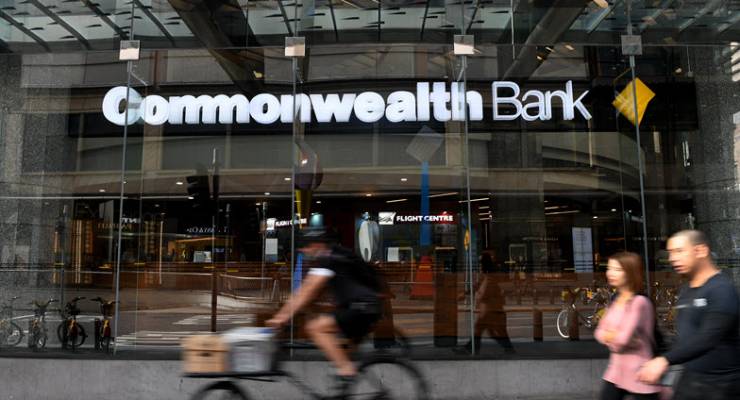
Malcolm Turnbull’s problem are coming not in pairs but in multiples, even as marriage equality pitches the whole show dangerously close to the rocks.
Whatever remaining case there was against a banking royal commission evaporated yesterday afternoon when the Australian Transaction Reports and Analysis Centre (AUSTRAC) released a statement announcing Federal Court action against the Commonwealth Bank for breaches of money-laundering laws. Worse, it released a 44-paragraph “concise statement” of its case, detailing deeply disturbing allegations of systemic failures by the bank to act to prevent money-laundering even after law enforcement agencies had specifically warned it about particular accounts.
And in a shocking look for both the bank and AUSTRAC, the breaches have been going on since 2012, right up until 2016. There was even one breach in January this year. Why AUSTRAC waited so long to take action isn’t clear.
This isn’t historical stuff. It can’t be wished away with the usual line from bankers and regulators that the whole sorry saga has been a learning experience for them and that everything’s fixed now. Terrorism funders could just as easily have exploited the CBA’s wilful indifference to money-laundering as drug syndicates. And if the regulatory system is working, it’s working at a painfully slow pace, allowing tens of millions of dollars to be laundered over a period of years, even after the AFP alerted the bank.
In 2014, the Abbott government decided to move AUSTRAC onto a full industry-based funding model, cutting government funding and abandoning a “cost recovery” levy — which was constrained to cost-covering — in favour of a broader industry levy that was going to eventually fully fund AUSTRAC. Financial institutions and other entities subject to report requirements, like clubs and real estate agents, have been complaining about the expanding levy ever since, while AUSTRAC has been trying to demonstrate it is as efficient as possible to industry.
Nor is this the end of the political risks for the government. Anything short of a truly massive fine and a significant intervention into CBA’s processes by AUSTRAC will look, yet again, like the system working in the interests of the top end of town. The rest of us don’t get to negotiate how much we get fined for breaking the law; nor are we allowed to discuss how we comply with it. But clearly there’s something deeply wrong in the culture of our banks.








royal commission on banks a great idea, but let’s not pay lawyers or anyone anything. This way it will be over fast. Dodgy lawyers always drag things out as long as they can when they are getting paid obscene amounts of money.
Gee, I sure hope the Commbank heavies won’t have to pay back the mega-bonuses they were paid during the years they were overseeing patently illegal practices.
Commonwealth Bank of Australia has a real, pervading stink of criminality, arrogance and untouchability to it. Over the last few years there has not been a period of more than a couple of months that the CBA hasn’t been in the news for another example of its various nefarious activities. I personally don’t think that they are alone, merely market leaders. Can anyone seriously think that a Royal Commission is not only deserved, but entirely necessary?
Time to renationalise the Commonwealth Bank. The alternative involves tumbrels.
I’d prefer both.
The old commonwealth bank really did ‘ keep the bastards honest’. It stopped the formation of the banking cartel.
It’s hard to imagine that anything less than a change of Govt will see a heavy duty investigation and some real penalties, for both the organisation and the responsible individuals.
What a shameful mess.
It will be interesting to watch the government try to set up an inquiry that isn’t, an investigation that doesn’t, and penalties which don’t, to try and obfuscate their way past this one.
Yes, we need a change of government.
I’d like to see gaol time for some of these corporate darlings. Seriously, just how big a crime do they have to pull to do some hard time.